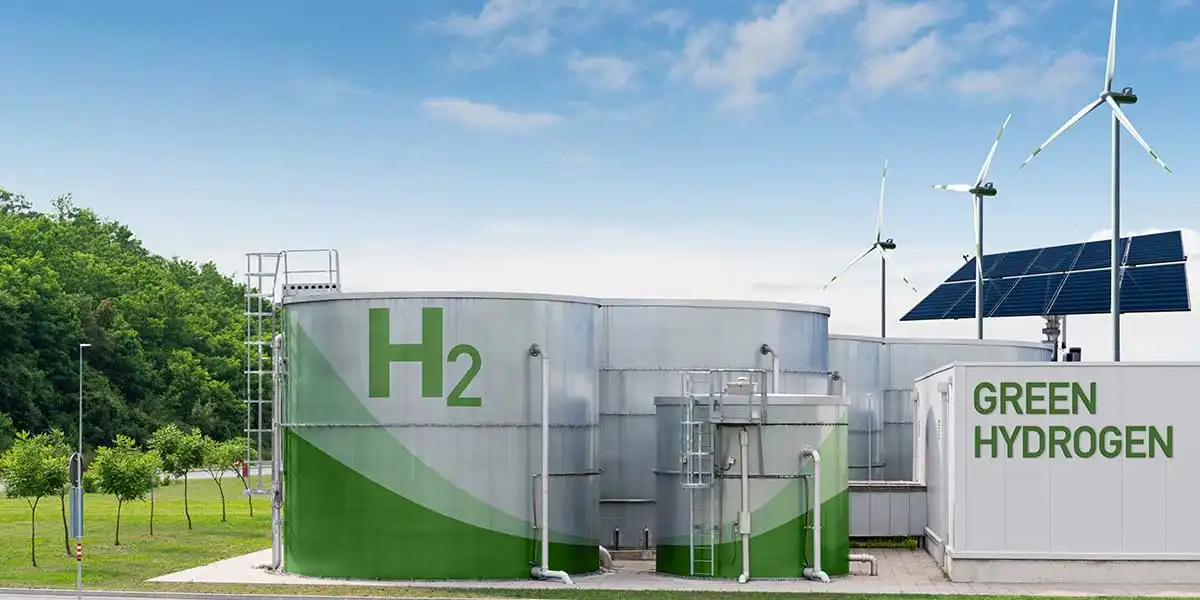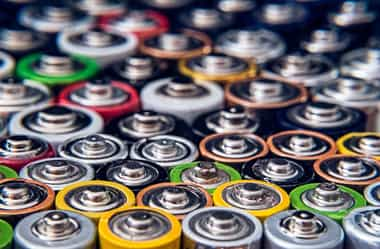
Oct 9, 2025
Blog fuel cell and battery technologies 7 Reasons the Hydrogen Truck Market is Booming Globally
Hydrogen trucks use hydrogen fuel cells, which power the electric motors that propel the vehicles. Hydrogen plays a key role in decarbonizing the transportation sector and is one of the most promising alternative fuels to diesel. Hydrogen trucks offer numerous advantages over diesel-powered trucks, including a longer range, faster refueling capabilities, reduced greenhouse gas (GHG) emissions, and the production of only water vapor as a byproduct.
The rising demand for fuel-cell vehicles (FCVs) and concerns about carbon emissions are driving increased interest in hydrogen-powered trucks. Supportive government regulations and policies, along with technological advances in fuel cell technology, present opportunities that should help propel market growth.
According to BCC Research, the global market for hydrogen trucks was valued at $3 billion in 2024 and is projected to grow to $16.2 billion by 2029, registering a striking compound annual growth rate (CAGR) of 33.4% during the forecast period. This rapid expansion highlights the increasing investments, policy support, and technological advancements fueling the adoption of hydrogen-powered transport solutions.
Here are seven reasons why the global hydrogen truck market is gaining traction and what it means for the future of commercial transportation.
The projected market size in 2030 is $16.2 billion, and the market is expected to grow at a CAGR of 33.4% through the forecast period.
Hydrogen trucks are becoming a cornerstone in the transition to sustainable transport. With stricter emission regulations worldwide, logistics companies are under pressure to replace diesel trucks with eco-friendly alternatives. Hydrogen fuel cell trucks offer a longer range and faster refueling time compared to battery-electric trucks, making them ideal for heavy-duty, long-haul applications.
Many countries are offering subsidies, tax incentives, and infrastructure support to accelerate the adoption of hydrogen trucks. Regions such as Europe, North America, and the Asia-Pacific are investing heavily in hydrogen fueling stations, ensuring that companies can deploy fleets without range anxiety.
Leading vehicle manufacturers are ramping up their research and development, as well as commercial production, of hydrogen trucks. Companies like Toyota, Hyundai, and Nikola are pioneering advanced fuel cell technologies, while logistics giants such as DHL and Amazon are testing hydrogen-powered fleets to reduce their carbon footprints.
With the global focus on ESG (Environmental, Social, and Governance) goals, companies are prioritizing sustainable logistics. Hydrogen trucks enable corporations to significantly reduce greenhouse gas emissions, making them a key choice for sustainable supply chain solutions.
Recent innovations have made hydrogen fuel cells more efficient, durable, and cost-effective. Improved storage solutions and lightweight materials have enhanced truck performance, enabling longer trips and heavier cargo loads without sacrificing efficiency.
The availability of hydrogen refueling networks is a crucial factor driving market growth. Governments and private companies are building hydrogen stations along key transportation corridors, reducing downtime and making hydrogen trucks a viable option for large fleets.
From Europe’s Green Deal to the U.S. Inflation Reduction Act, policies worldwide are pumping billions into hydrogen infrastructure and subsidies. Countries such as Japan, South Korea, and Germany are already deploying hydrogen corridors to accelerate the adoption of hydrogen.
The hydrogen truck market is no longer a futuristic concept; it’s rapidly becoming a reality. From government incentives to corporate sustainability initiatives and technological breakthroughs, multiple factors are converging to accelerate the adoption of hydrogen-powered trucks. As the market grows from $3 billion in 2024 to an estimated $16.2 billion by 2029, businesses and investors who adopt this trend will gain a competitive advantage in the zero-emission transportation sector.

Amrita Kumari is a Senior Executive Email Marketer at BCC Research, with a bachelor’s degree in computer applications. She specializes in content creation and email marketing.

Imagine a world where your smartphone charges in just a few seconds. Picture ele...

Welcome to the world of Vehicle-to-Grid (V2G) technology, where electric vehicle...

In a world where clean, reliable, and uninterrupted power is no longer a luxury ...

We are your trusted research partner, providing actionable insights and custom consulting across life sciences, advanced materials, and technology. Allow BCC Research to nurture your smartest business decisions today, tomorrow, and beyond.
Contact UsBCC Research provides objective, unbiased measurement and assessment of market opportunities with detailed market research reports. Our experienced industry analysts assess growth opportunities, market sizing, technologies, applications, supply chains and companies with the singular goal of helping you make informed business decisions, free of noise and hype.